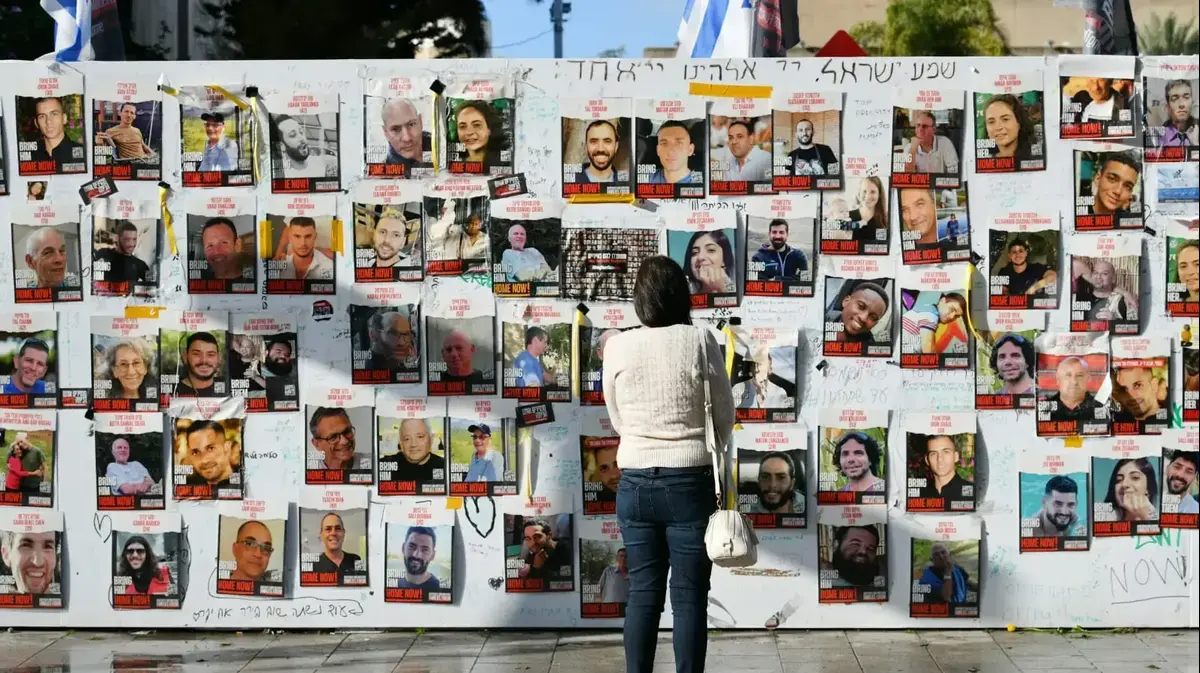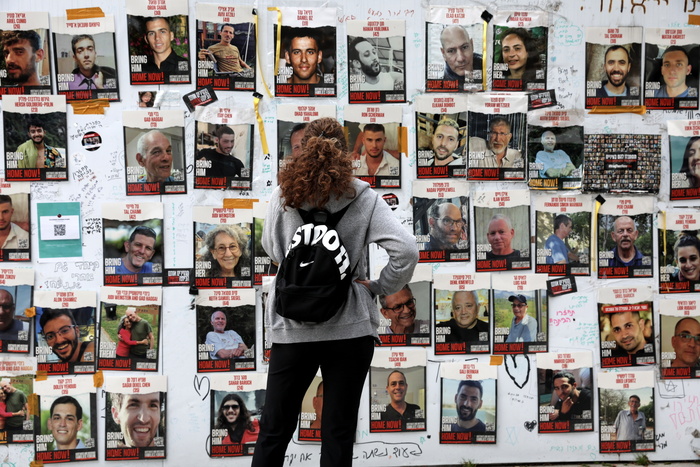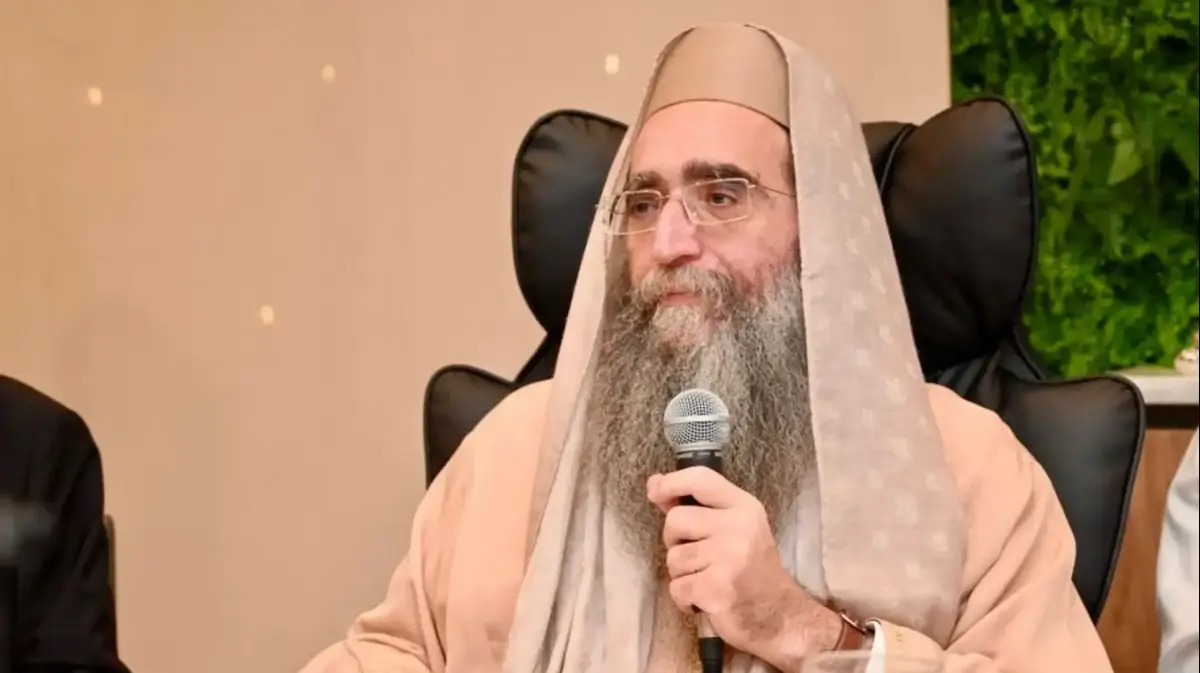Some of the episodes of the newspaper's successful podcast, which won the Peabody Award, were found to be based on fabricated testimonies from a man who claimed to belong to ISIS. • The newspaper returned the award and admitted: "This is a systemic failure."
Shake-up in the world of the press:
The New York Times admitted over the weekend a serious systemic failure, which led to them having to return a prestigious press award they had won.
Two months after they began an internal investigation, the newspaper admitted that their podcast "Caliphate" did not meet the journalistic standards of in-depth investigation and fact-checking, and that its series of episodes, which earned them the Peabody Award (prestigious award given annually for outstanding achievements In the press and on the radio), based on exaggerated and fabricated testimonies of a bored Canadian citizen impersonating an ISIS terrorist.
The podcast was presented by veteran journalist Rukmini Klimachi (who was nominated four times for the prestigious Pulitzer Prize) and producer Andy Mills, and dealt with its terrorist organization and methods of operation, with the main interviewee being a 26-year-old Pakistani Canadian named Rose Chaudry (to hide it) Himself ("Abu Husseifa"), who claimed to have enlisted in the murderous organization in Syria in 2014 and took an active part in his terrorist activities, including two executions he committed himself before fleeing.
Chowdhury was interviewed several times by the media in Canada and admitted that he came to Syria to join ISIS, but what caused a stir was the Klimachi podcast that aired in 2018, in which he claimed to have been an active partner in the killing.
At first, Canadian politicians demanded answers from the state as to why he roamed free, but then Chowdhury was interviewed again and denied his involvement in the murders, contrary to what was recorded on the podcast.
Despite these contradictions, in 2019 the podcast was nominated for the Pulitzer Prize and won the Peabody Award.
The contradictions in Chowdhury's remarks began to arouse suspicion, and Canadian and American politicians called for him to be prosecuted for fabricating terrorist activity and giving false details about his membership and activities in the murderous terrorist organization.
In fact, it was alleged, Chaudry's foot had probably never trodden in Syria, he had not taken part in the murderous activity he attributed to himself and was not even a member of the organization itself.
It was further alleged that Chowdhury fabricated the stories and used false photos that he posted on social media to bring interest to his boring life in Toronto, which included working in the family restaurant.
After confronting the problematic findings, newspaper editors began a thorough internal investigation that lasted about two months, and at the end admitted last Friday in a statement released to the media that the affair that exploded was the product of a serious systemic failure that was supposed to be stopped in early stages by senior officials. Full responsibility.
"We fell in love with the fact that we managed to get a terrorist from the ranks of ISIS to reveal his story on a podcast and describe his crimes," the paper's editor-in-chief, Dean Baqa, confessed.
"I think we were so in love with this achievement that even when evidence began to emerge that he may be fabricating his story and inventing facts we did not listen to them enough. As the New York Times produces an ambitious, in - depth and large press in every format, we scrutinize it at all levels. "Most in the system. In this case we did not do so, and I think I or someone else should have done so," Baka hit on sin.
"I am proud of the stories I have revealed about ISIS," Klimachi tweeted after the affair was exposed, referring to her other articles on the subject.
"As journalists, we demand transparency from our sources, so we must expect this from ourselves as well. The thought of all the colleagues and the system that I disappointed turns my stomach."
Klimachi admitted that she discovered lies in Chaudry's stories along the way and reported them, but there were others she did not catch on time.
"I should have come up with lies he told us. I apologize for what we missed and what we did wrong about it," she wrote, adding that the mistakes had been corrected and she pledged to act better in the future.
A press release said the paper's internal investigation had found a history of inaccuracies in Chauder's testimony, and that there was no evidence that he had actually committed the atrocities he attributed to himself on the podcast.
Following the revelations, the newspaper returned the pivotal award that the podcast had won, another award from the Overseas Journalists' Organization was denied to the show's producers, and Klimachi suffered a painful personal and professional blow when she was removed from her role in terror coverage.
Despite the media noise and storm created following the exposure, the Times has updated that the podcast will not be removed from the air, but anyone who comes to the site through which it can be listened to will find a message indicating its failures.
As for Chodri, if convicted he could face up to five years in prison.
His lawyer has announced that he will appeal the charges against him.









